
Spy Case in New York a Stark Warning to CCP Agents in U.S. Government
On September 3rd, Linda Sun, former deputy chief of staff to New York Governor Kathy Hochul, was arrested by the FBI on charges of espionage on behalf of the Chinese Communist Party (CCP). The arrest marks a significant escalation in U.S. efforts to combat foreign influence and infiltration within its government. A day later, the U.S. State Department announced that New York Chinese Consul General Huang Ping had left his position, coinciding with a request from Governor Hochul to expel him—a move viewed as directly related to Sun’s case.
A Web of Espionage and Influence
Sun, 41, also known as Wen Sun, is a naturalized U.S. citizen originally from Nanjing, China. Having moved to the United States at the age of five, she built a substantial career in New York state government over 15 years, including positions of influence under Assembly representative Grace Meng and Governor Andrew Cuomo. Her last role was as deputy chief of staff to Lieutenant Governor Kathy Hochul, now the governor of New York.
The Department of Justice (DOJ) indicted Sun on ten counts, including violations of the Foreign Agents Registration Act (FARA), visa fraud, and money laundering. The indictment alleges that Sun, under the direction of CCP officials, engaged in activities designed to further the interests of the CCP and the People’s Republic of China (PRC). Her actions allegedly included blocking Taiwanese government representatives from high-level meetings with New York State officials and manipulating state messaging on issues important to the PRC.
The charges also state that Sun arranged unauthorized meetings for PRC delegations with New York State officials and obtained official proclamations for PRC representatives. In return, she allegedly received “substantial economic and other benefits” from the CCP. Her husband, Christopher Hu, a businessman, has also been charged with multiple crimes, including money laundering.
Implications of the Arrest
Analysts believe Sun’s arrest sends a strong message to the CCP and its operatives within the U.S. government. Wang Juntao, chairman of the National Committee of the China Democratic Party, emphasized the importance of the case for overseas Chinese activists who oppose the CCP’s authoritarian rule. He noted that the U.S. has intensified its crackdown on CCP agents, particularly since former President Donald Trump’s administration began enforcing FARA more rigorously. President Biden has continued this trend, leading to broader efforts across the Western world to contain CCP espionage operations.
U.S.-based commentator Tang Jingyuan highlighted that Sun’s case is particularly alarming because of her high-ranking position within the U.S. government. Unlike many previous cases, which involved community leaders or those posing as democracy activists, Sun’s influence over New York State policies and U.S. diplomatic relations sets a dangerous precedent.
Former U.S. Department of Defense official Tony Hu emphasized that civil servants in the U.S. are expected to serve their country and not use their positions to aid foreign governments. He warned that those who do will face severe legal consequences.
The Role of the Chinese Consulate
The day after Sun’s arrest, U.S. State Department spokesman Matthew Miller confirmed that New York Chinese Consul General Huang Ping had left his post, though he denied that Huang was expelled. According to Miller, Huang’s departure was part of a scheduled rotation, though his term was originally set to end in November.
Taiwanese retired Maj. Gen. Yu Tsung-chi, an adviser to the Formosa Republican Association, suggested that the U.S. decision to accept the end of Huang’s term, rather than pushing for expulsion, was likely an effort to avoid further inflaming tensions with China. He noted that mutual expulsions between democratic and totalitarian countries could distract from the core issue of intelligence infiltration.
Wang Juntao explained that while Chinese consulates play a role in espionage, the real power lies with Beijing, which directs overseas agents through the United Front Work Department. This organization, which oversees the CCP’s international espionage and propaganda activities, makes it difficult for U.S. authorities to gather concrete evidence against spies, as many of their operations are tightly controlled and well-hidden.
A former CCP agent who defected to Australia confirmed that the Chinese consulate is often used for public-facing activities, but the true directives come from Beijing’s secret police, emphasizing the complexity and depth of the CCP’s global espionage network.
Conclusion
Linda Sun’s arrest and the subsequent departure of the Chinese consul general underscore the ongoing battle against foreign influence in the United States. The case highlights the lengths to which the CCP is willing to go to infiltrate U.S. government structures and the seriousness with which U.S. authorities are now responding. As the investigation continues, it is likely that more revelations will emerge about the extent of foreign espionage within American borders.
- Nepal’s Tapas Adhikari Honored with Global Ambassador Award 2024
- India Warns Canada of Further Strain Over Alleged Campaign Targeting Sikh Activists
- Adani Group Denies Bribery Allegations as “Baseless,” Reaffirms Commitment to Compliance
- Revenue Collection Increases by 17% in Q1 of FY 2024/25, but Misses Target
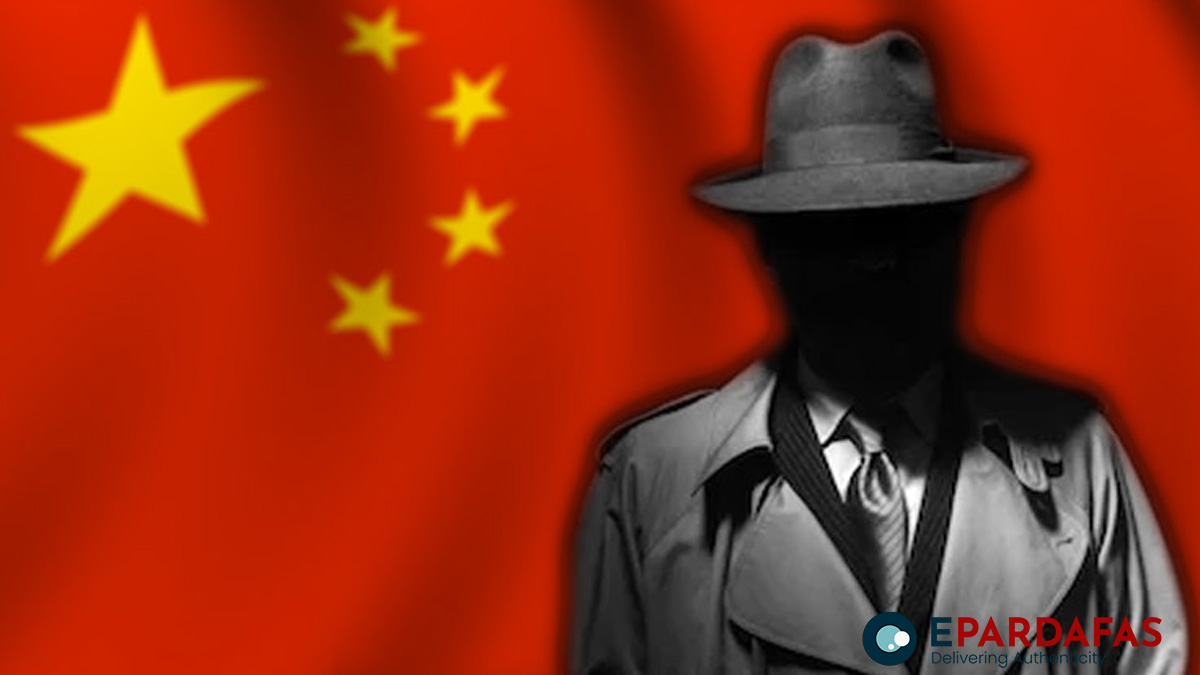
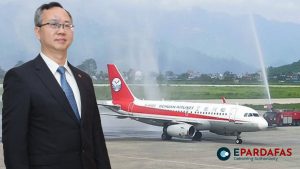
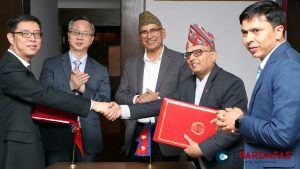
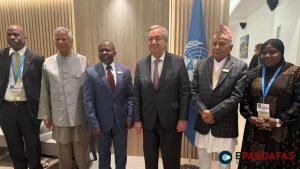
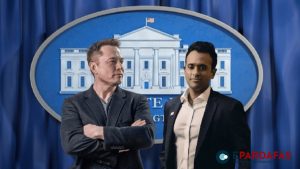
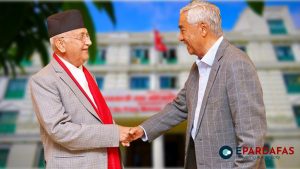
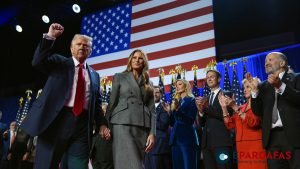

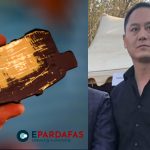

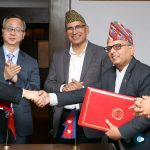
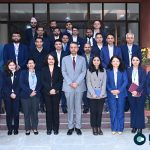
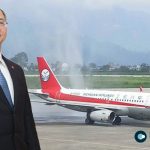
Comments